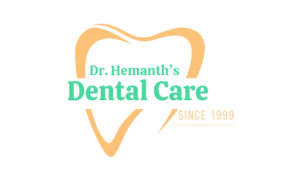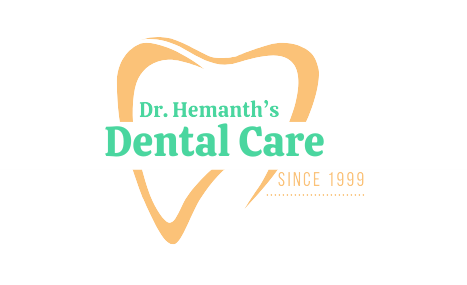Crowns and Bridges
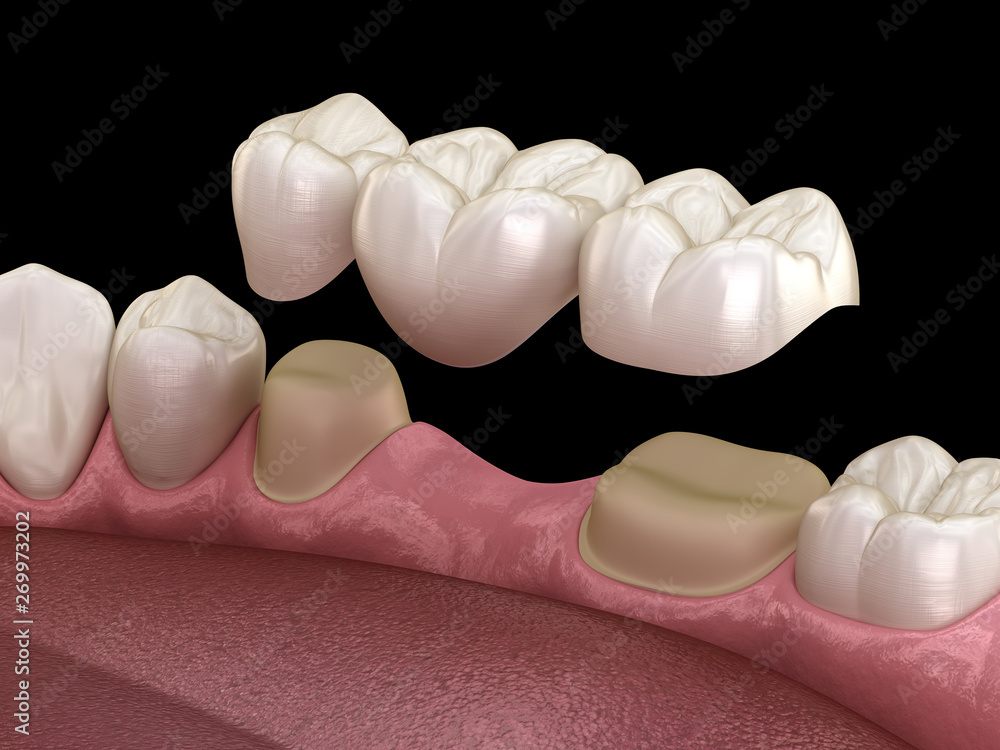
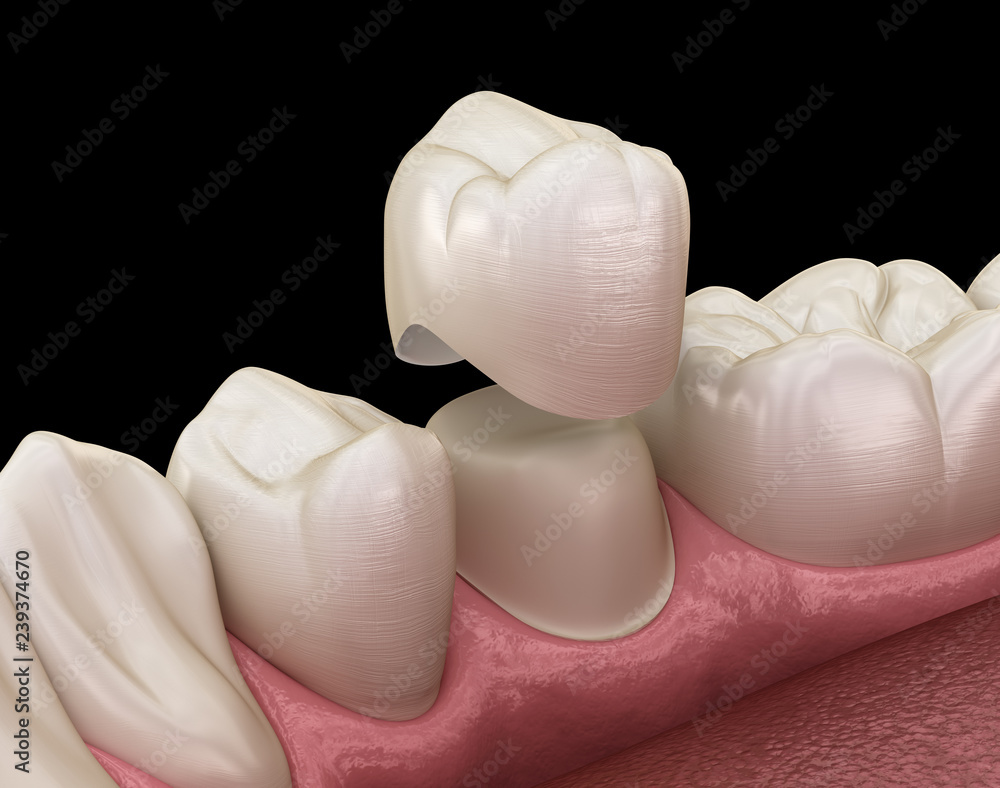
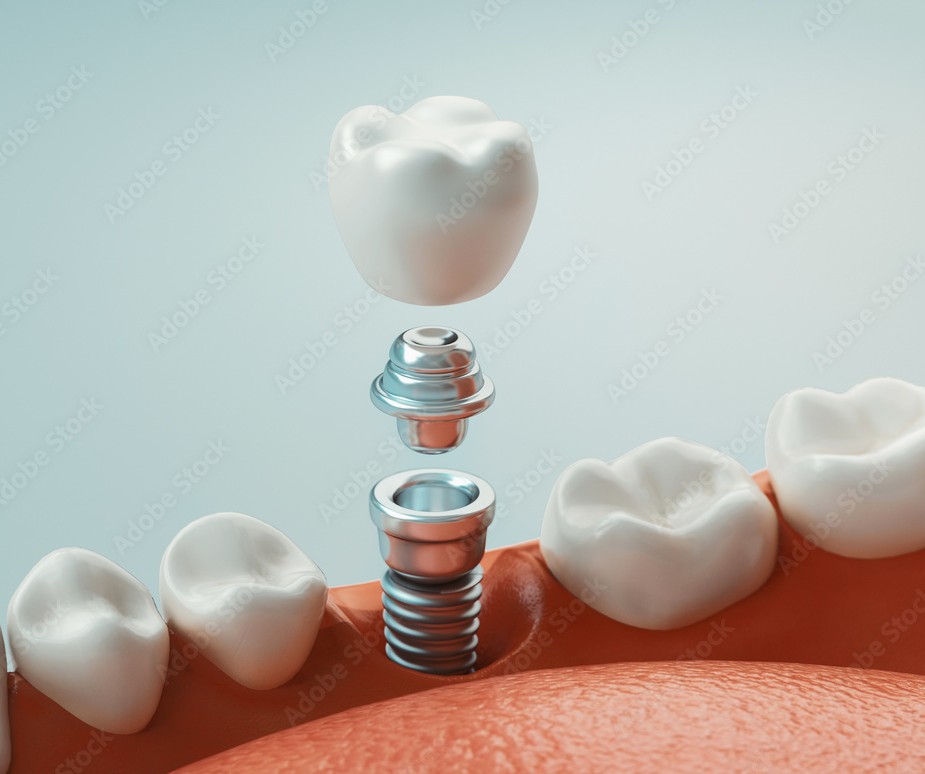
Restoring Your Smile: Crowns and Bridges Explained
Crowns and bridges are two dental restorations used to address different needs, but both play a vital role in restoring a healthy, functional smile. Let’s delve into what each entails and how they can benefit you.
Crowns:
A dental crown is a tooth-shaped cap that fits over a damaged or weakened tooth. It essentially acts like a protective helmet, encasing the entire visible portion of the tooth above the gum line. Crowns are used for various purposes, including:
- Restoring a severely decayed tooth: When a cavity is too large for a filling, a crown provides the necessary strength and structure.
- Protecting a cracked or fractured tooth: Crowns prevent further breakage and preserve the tooth’s functionality.
- Supporting a dental implant: Crowns are placed on top of dental implants to create a natural-looking, artificial tooth.
- Improving the appearance of a discolored or misshapen tooth: Crowns can be crafted to match the color and shape of your surrounding teeth for a more aesthetically pleasing smile.
How Does Getting a Crown Work?
The crown placement process typically involves two appointments:
- Preparation: During the first visit, your dentist will numb the area around the tooth. They will then remove any decay or damaged tooth structure to create a solid foundation for the crown. An impression of the prepared tooth and surrounding teeth is taken to ensure a precise fit for the crown. A temporary crown will be placed to protect the tooth until your next appointment.
- Placement: On your second visit, your dentist will remove the temporary crown and carefully check the fit and color of the permanent crown. Once everything is satisfactory, the permanent crown will be cemented onto your tooth. The dentist will ensure your bite feels comfortable and natural.
Crowns are typically made from durable materials like porcelain or metal fused with porcelain. They can last for many years with proper care, which includes regular brushing, flossing, and dental checkups.
Bridges:
A dental bridge is a fixed restoration used to replace one or more missing teeth. It consists of artificial teeth (pontics) held in place by crowns placed on the surrounding healthy teeth, called abutment teeth. Bridges essentially bridge the gap created by missing teeth, restoring your ability to chew, speak, and smile with confidence.
Here are some of the benefits of dental bridges:
- Restores chewing function: Bridges allow you to chew properly, improving your digestive health and overall well-being.
- Prevents teeth from shifting: Missing teeth can cause surrounding teeth to drift out of position. Bridges help maintain proper tooth alignment.
- Improves speech: Gaps caused by missing teeth can sometimes affect speech clarity. Bridges can restore proper pronunciation.
- Enhances facial appearance: Bridges can fill the gaps in your smile, boosting your confidence and self-esteem.
How Does Getting a Bridge Work?
Similar to crowns, getting a bridge usually involves two appointments:
- Preparation: The dentist will prepare the abutment teeth by removing a small amount of enamel to accommodate the crowns. Impressions of the prepared teeth and the gap will be taken for creating the bridge. A temporary bridge might be placed to maintain function and aesthetics until the permanent bridge is ready.
- Placement: During the second visit, the dentist will check the fit and color of the permanent bridge. Once everything is perfect, the bridge will be permanently cemented onto the abutment teeth. Bite and comfort will be assessed for any necessary adjustments.
Bridges can be crafted from various materials, including porcelain fused to metal, gold alloys, or zirconia. The dentist will recommend the most suitable material based on factors like location of the missing teeth, function, and aesthetics. With proper care, bridges can last for many years.
Contact Us
Send Us an Email
Monday: 9:00 am-9:00 pm
Tuesday: 9:00 am-9:00 pm
Wednesday: 9:00 am-9:00 pm
Thursday: 9:00 am-9:00 pm
Friday: 9:00 am-9:00 pm
Saturday: 9:00 am-9:00 pm
Sunday: 9:00 am-9:00 pm

